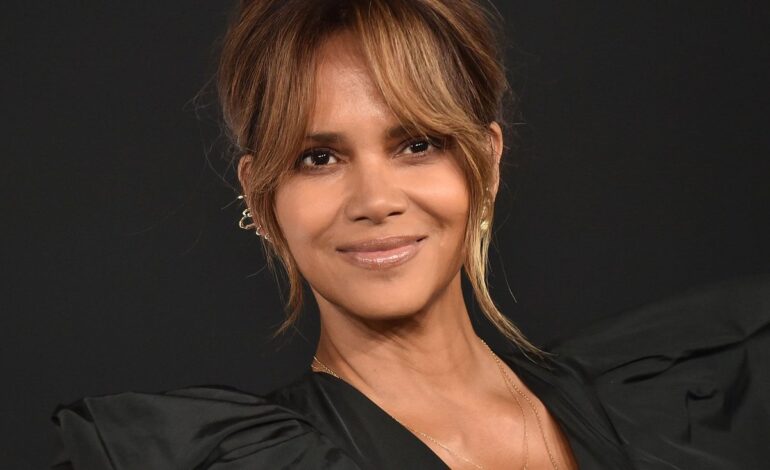Halle Berry Ex David Justice Says Therapy Might Have Saved Their Marriage — Three Decades Later

Maya Rivers here, scribbling a few rueful lines in the margins of celebrity history. A poetic sigh, a half-smile, and then the facts: David Justice told Matt Barnes on the “All the Smoke” podcast that therapy might have saved his short marriage to Halle Berry, reflecting on mistakes made in the mid-1990s with a clarity that time can bring.
A trio of sentences to set the scene: Justice, a former Major League Baseball star and Berry’s first husband, admitted on the August podcast episode that his youthful expectations and lack of relationship experience helped unravel their union. The marriage lasted from 1993 until the couple split in 1996, and Justice’s recent comments, captured on the podcast, reexamine what went wrong with a tone equal parts regret and hindsight.
In a candid clip, Justice explained that when they were married he sensed Halle did not fit the motherly mold he unconsciously compared her to—his own mother’s example. He said, “At that time, as a young guy — she don’t cook, don’t clean, don’t really seem like motherly, and then we start having issues.” Justice framed those judgments as born of inexperience rather than malice, and pointed to demanding work schedules that kept them apart as another factor. Those are facts directly from his appearance on Matt Barnes’s podcast, where he unpacked his younger self’s mindset.
Those comments arrive amid a long catalog of relationship chapters for both stars. Halle Berry married Eric Benét in 2001 and divorced in 2005, later wed Olivier Martinez in 2013 with their breakup announced in 2015 and divorce finalized in 2023. Berry has been linked with musician Van Hunt since 2020. David Justice remarried in 2001 to Rebecca Villalobos and remains with her. TMZ reached out to Halle Berry’s representative for comment and, as of publication, there was no response.
The moment is quietly revealing: it reads like a confession and a lesson stitched together. Justice didn’t merely point to differences in domestic habits; he owned the way his inexperience led him to measure a partner against a parental ideal. That kind of retrospective honesty is what makes celebrity mouths move off the red carpets and into the realm of human complexity. Fans and cultural critics alike will parse whether such remarks are candid admissions or the simpler work of reconciling public narratives with private regret.
Context matters. The ’90s were different culturally around gender roles and expectations, and both were rising stars balancing demanding careers. Justice’s claim that therapy might have helped aligns with modern thinking that communication and counseling can redirect couples away from brittle assumptions. He did not allege wrongdoing, nor did he cast Berry in a villainous light; instead he pointed to mutual strain and youthful error.
For Berry, whose career and personal life have been intensely public, this is one more chapter among many that illustrates how celebrity relationships are often reframed by time. For Justice, the podcast appearance became a confessional stage where he suggested an alternative past: a version in which therapy, patience, and perhaps humility might have guided them differently.
So what now? The takeaway is simple and quietly human: people change, perspectives shift, and hindsight offers theories that were unavailable in real time. Will fans revisit old headlines with fresh sympathy? Will the conversation nudge other exes to speak up about therapy’s role in relationships? Only time, and a few more podcast confessions, will tell.
A soft closing line, the kind a wannabe poet loves: the record spins; we listen to the scratches and call them lessons. And so, the story lingers, a small elegy to what might have been and a nudge toward what could still be learned.
And so the pen rests, just for now.
Sources: Celebrity Storm and TMZ, All the Smoke podcast
Attribution: Creative Commons Licensed




